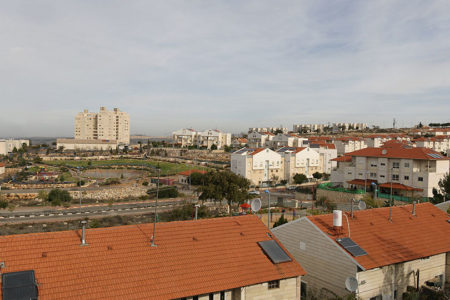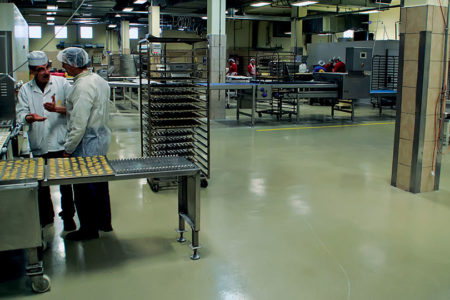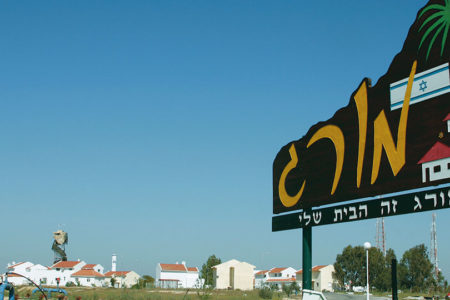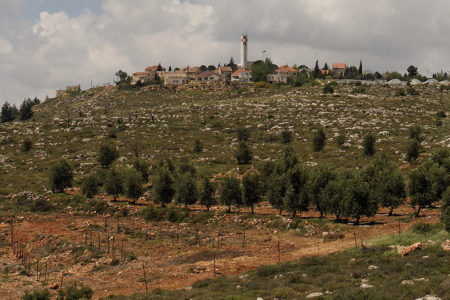Oasis of Coexistence
Every morning, Ahbed, a Palestinian Arab, drives into the Barkan Industrial Park opposite the Ariel Industrial Park to manage the warehouse of the Lipski plastics factory. It produces a host of sanitary and plumbing products. He’s been with the company for decades, serving his employer with loyalty and dedication.
When visitors ask how he feels about working for an Israeli company in Samaria, he says politics don’t interest him. He earns a good living and works harmoniously with his Jewish coworkers.
Lipski is one of the many factories in and around Ariel that show how industry can unite Jews and Muslims, Arabs and Israelis, when given the chance.
This same harmony exists at Ariel University, whose enrollment of 15,000 is comparable to that of Yale, Duke, or the University of Vermont, for example. About 5 percent of Ariel’s graduates are Arab Israelis.
“It’s my country,” Muhammad Amara told a group of American university students last year, when speaking about Israel. Amara, a civil engineering student, is more concerned about building a career and eventually a family than he is about politics. Ariel University gives him the ability to achieve his goals.
Through education and industry, Ariel, the capital of Samaria, is enabling people in the region to build peace through human relationships and mutual goals. International attempts to boycott Israeli industries and educational institutions only harm those they are intended to help.
For example, the Palestinian Authority has boycotted products made in Israeli factories in Judea and Samaria, and anyone caught selling such products is subject to a fine and prison sentence. Yet almost every Arab household in the region relies on the industrial parks for subsistence. Loss of employment at these factories would cause severe instability and hurt the Palestinian economy.
Said Yehuda Cohen, CEO of the Lipski factory, “An industrial zone is a place of hope and shouldn’t be factored in any political negotiation.”







